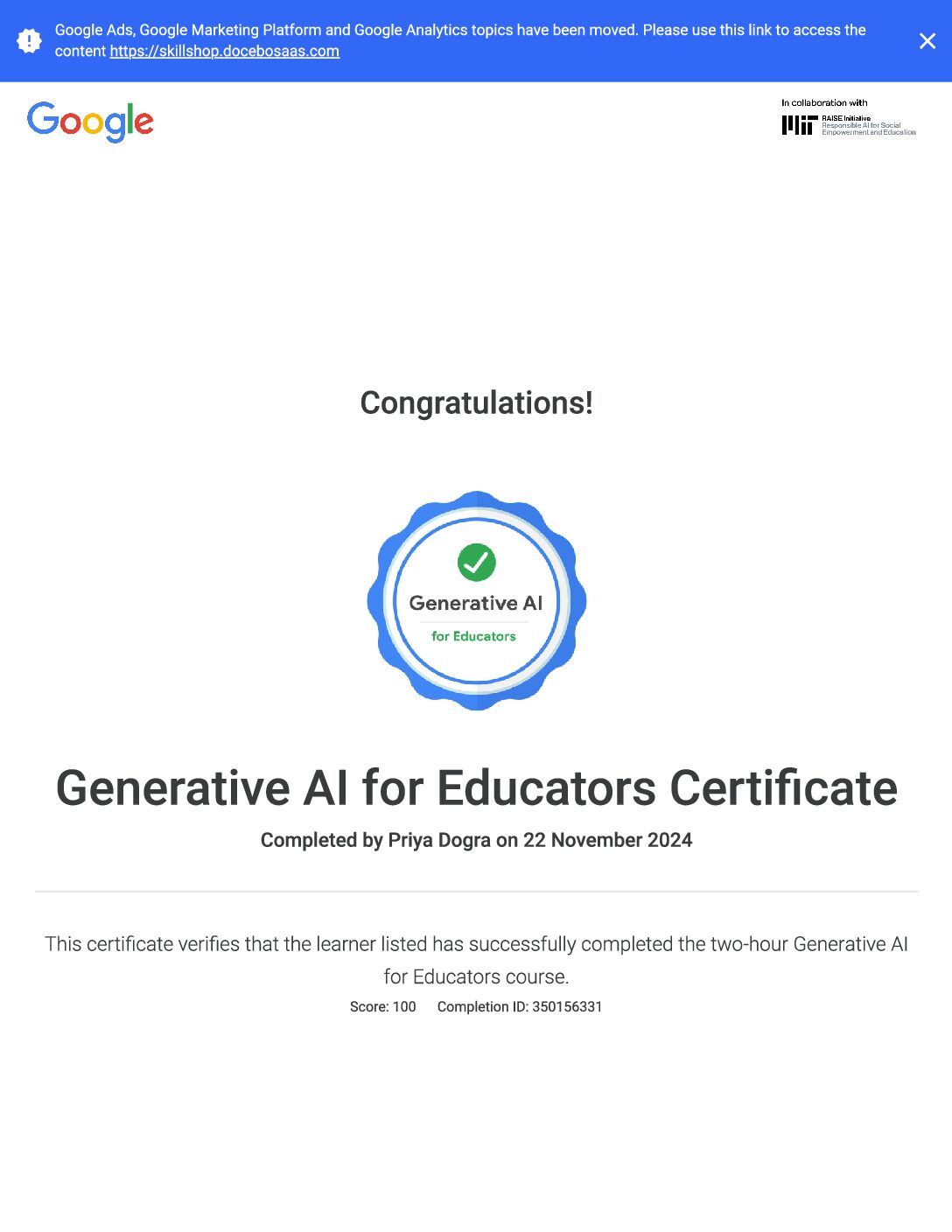Take a Business Online Quiz Answers – Google Fundamentals of Digital Marketing
In today’s digitally connected society, almost half of the world’s population is online. With so many people using the internet, it makes sense for a business to employ digital. Learn about the options that are out there and how a website, videos, or social media can help you accomplish your goals.
Module 2: Your First Steps in Online Success Quiz Answers – Google Fundamentals of Digital Marketing
Question 1: Which tool helps you measure the success of your website?
- Keyword Planner
- Ad Gallery
- Ad Preview Tool
- Analytics
Question 2: Which of the following statements is true when it comes to taking a business online?
- Stick to what you are doing and don’t make changes
- The same content works across online and offline platforms
- Use analytics to make informed decisions
- Use analytics to track your customers across the Internet
Question 3: Which term best describes the business activity that occurs when website visitors buy products or services from you online?
- E-commerce
- Display advertising
- Search engine marketing
- Pay per click
Question 4: Which of the following statements is true when marketing your business online?
- You need a website to show up in search results
- You’ll reach a similar client base to the one you have in the real world
- You’ll be seen by the same volume of customers whether you use search advertising or not
- Social media is a great way to engage your audience
Your First Steps in Online Success in Digital Marketing:
Starting out in digital marketing can feel overwhelming, but breaking it down into manageable steps can make it less daunting. Here are some key initial steps to take:
- Define Your Goals: Determine what you want to achieve with your digital marketing efforts. Whether it’s increasing brand awareness, driving website traffic, generating leads, or boosting sales, having clear goals will guide your strategy.
- Know Your Audience: Understand your target audience’s demographics, interests, and online behavior. This information will help you tailor your marketing efforts to resonate with them effectively.
- Build Your Online Presence: Establish a strong online presence by creating a professional website and setting up profiles on relevant social media platforms. Your website should be user-friendly, visually appealing, and optimized for search engines (SEO).
- Content Creation: Develop valuable and engaging content that educates, entertains, or solves problems for your audience. This could include blog posts, videos, infographics, podcasts, or social media posts. Consistency is key, so create a content calendar to stay organized.
- SEO: Implement SEO best practices to improve your website’s visibility in search engine results. This includes keyword research, optimizing meta tags, creating high-quality content, and building backlinks from reputable sources.
- Social Media Marketing: Choose the social media platforms where your audience is most active and create a presence there. Share your content, engage with your audience, and participate in relevant conversations to build relationships and grow your following.
- Email Marketing: Start building an email list of subscribers who are interested in your products or services. Use email marketing to nurture leads, promote your content, and drive conversions. Personalization and segmentation can improve the effectiveness of your email campaigns.
- Analytics and Measurement: Track the performance of your digital marketing efforts using analytics tools like Google Analytics, social media insights, and email marketing metrics. Analyze the data to identify what’s working well and what needs improvement, then adjust your strategy accordingly.
- Paid Advertising: Consider incorporating paid advertising channels like Google Ads, Facebook Ads, or sponsored content to reach a larger audience and drive targeted traffic to your website. Start with a small budget and test different ad formats and targeting options to optimize your campaigns.
- Continuous Learning and Adaptation: Digital marketing is constantly evolving, so it’s essential to stay updated on industry trends, algorithm changes, and new technologies. Invest in ongoing learning through courses, webinars, conferences, and networking with other professionals in the field.
By following these steps and staying committed to learning and adapting, you can set yourself up for success in digital marketing.
 Priya Dogra – Certification | Jobs | Internships
Priya Dogra – Certification | Jobs | Internships
